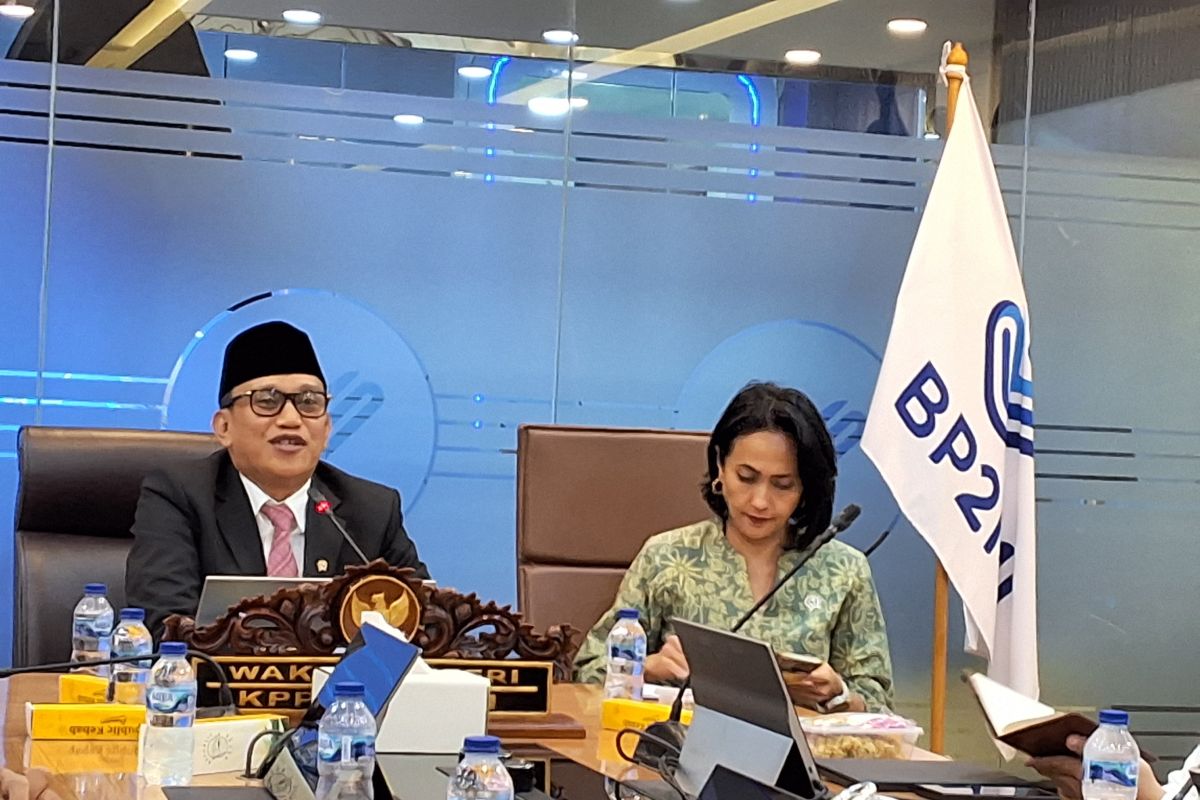Jakarta (ANTARA) - The government is aiming to send at least 425,000 Indonesian migrant workers to various countries in 2025, supported by President Prabowo Subianto.
“We are targeting at least 425,000 migrant workers to be sent, with the President's full support,” Minister for the Protection of Migrant Workers Abdul Kadir Karding said on Monday.
The initiative is expected to boost Indonesia's economic growth by 0.52 percent and generate potential foreign exchange earnings exceeding Rp300 trillion.
According to ministry data, the deployment of 297,000 migrant workers in 2024 contributed Rp251 trillion in foreign exchange earnings and supported an economic growth increase of around 0.36 percent.
Baca juga: Indonesia to prioritize placements of high-skilled workers overseas
The program also helped reduce the unemployment rate by 3.98 percent, with 7.47 million people recorded as unemployed last year.
However, the minister noted that the 2024 figure fell short of meeting the demand for 1.35 million workers in the global labor market.
Baca juga: Indonesia, Jordan seek enhanced cooperation in employment sector
Therefore, the government has increased its target for 2025 and is focusing on maximizing available job opportunities abroad to further boost the national economy.
To achieve this, several strategic measures are being prepared, including improving migrant workers’ language skills. English will be prioritized as the second language taught starting from elementary school.
“We propose this with the hope that by the time students finish junior or senior high school, they will be fluent in English. This will make our workers more competitive, for example, compared to workers from the Philippines,” Karding explained.









